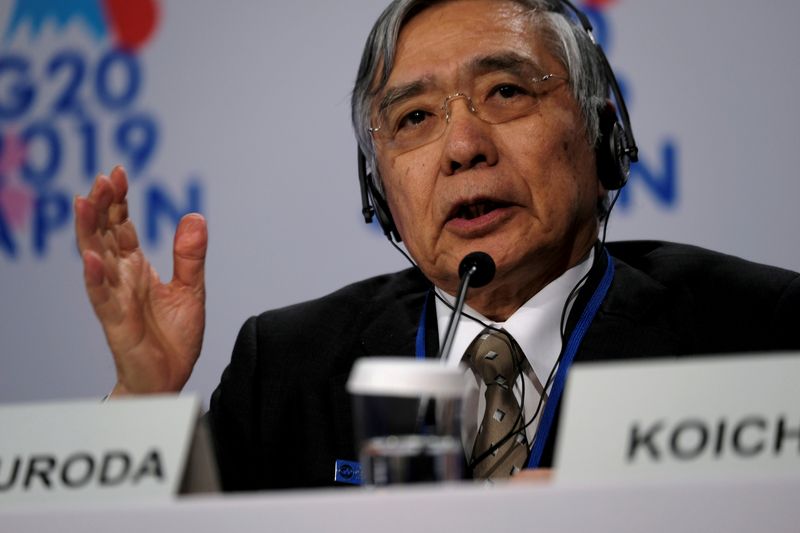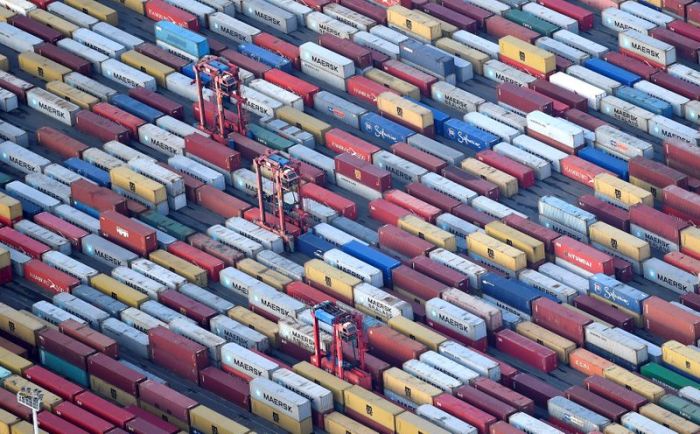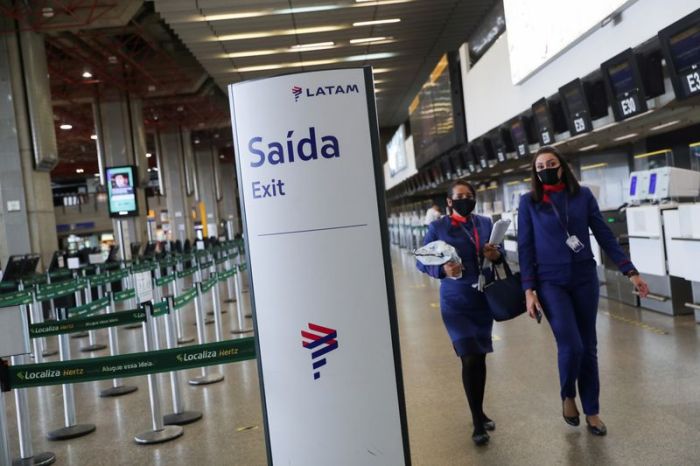TOKYO (Reuters) – Bank of Japan Governor Haruhiko Kuroda said on Tuesday the central bank may take more steps to cushion the economic impact from the coronavirus pandemic, maintaining his gloomy outlook even as a state of emergency was lifted in the capital Tokyo.
His remarks come days after the BOJ unveiled its own version of the U.S. Federal Reserve’s “Main Street” lending programme to channel funds to small businesses hit by the virus.
Kuroda, however, said it would be difficult for the BOJ to directly take on any losses financial institutions incur from loans that go sour as a result of the fallout from the pandemic.
“Offering subsidies or debt waivers for financial institutions is something that’s quite difficult for central banks to do,” Kuroda told a semi-annual testimony to parliament.
“The BOJ can further expand lending schemes, cut interest rates and ramp up purchases of exchange-traded funds. It can even come up with something new if necessary,” he said.
Kuroda said Japan’s economy and price growth would remain weak for the time being, sticking to his pessimistic view even as the government lifted a state of emergency for Tokyo and four remaining areas on Monday.
“There’s a lot of concern on whether business will return to pre-pandemic levels even when the virus is contained,” he said.
“What’s important now is to ensure markets are stable so that once the pandemic is contained, Japan’s economy can resume a solid recovery path.”
Prime Minister Shinzo Abe lifted a state of emergency after the number of infections fell across the country. The move meant social distancing curbs would be loosened nationwide.
But many analysts expect the world’s third-largest economy to suffer the fallout from the pandemic for years to come, keeping inflation distant from the BOJ’s elusive 2% target.
Data on Tuesday showed Japan’s services producer prices – or the price companies charge each other for services – fell 0.8% in April from a year earlier when excluding the effect of the sales tax, marking the biggest drop since 2011.
“It’s hard to foresee a V-shaped recovery and the output gap is likely to worsen. Japan may face a deflationary situation,” said Hiroshi Ugai, chief Japan economist at JPMorgan Securities.
Japan’s economy slipped into recession for the first time in 4-1/2 years in the last quarter, putting the nation on course for its deepest postwar slump as the virus ravages businesses.
Abe said his government would compile on Wednesday a second extra budget which, together with a first stimulus package mapped out in April, would be worth more than 200 trillion yen ($1.85 trillion).
The BOJ eased policy in March and April. It also held an emergency meeting on Friday to create a new loan scheme as part of a raft of steps to ease corporate funding strains.
Under a policy dubbed yield curve control, the BOJ guides short-term interest rate at -0.1% and the 10-year bond yield around 0%. It also buys huge amounts of government bonds and risky assets to pump money into the economy.
(Reporting by Leika Kihara, Additional reporting by Kaori Kaneko and Hiroko Hamada; Editing by Chang-Ran Kim and Jacqueline Wong)
























